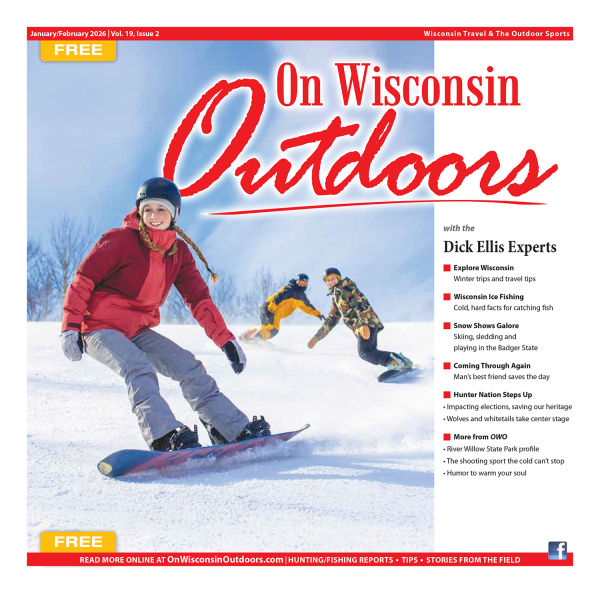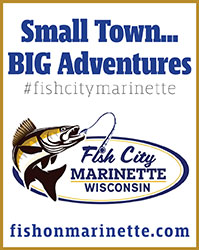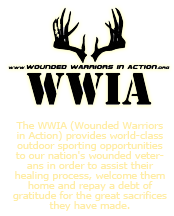DNR names Feldkirchner Natural Heritage Conservation bureau director
Contact(s): Sawyer Briel, DNR communications, 608-282-5334
MADISON - Drew Feldkirchner, a 15-year veteran of the Department of Natural Resources, has been selected to lead staff within the department's Bureau of Natural Heritage Conservation responsible for protecting Wisconsin's native animals, plants and natural areas.

Drew Feldkirchner
Photo Credit: DNR
Feldkirchner, who began his career in the DNR Bureau of Endangered Resources in 2001, will guide program staff as they face challenges ranging from white-nose syndrome in bats to invasive species threatening natural areas.
"Our native wildlife, natural areas and diverse landscapes are a big part of what people love about Wisconsin," says DNR Division of Fish, Wildlife & Parks Administrator Sanjay Olson. "We have an excellent staff and partners and Drew brings wide-ranging knowledge and experience, strong professional relationships and a commitment to partnerships that will help us meet the challenges and opportunities ahead."
After joining DNR in 2001, when the Natural Heritage Conservation Program was known as the Endangered Resources Program, Feldkirchner coordinated efforts to locate and catalog rare plants and animals and high quality natural areas for the Natural Heritage Inventory. This database of rare species information is used by the department to help develop master plans for state properties and advise project planners on how to avoid impacts to rare species. More recently, Feldkirchner was the program's liaison on forestry issues, working with the DNR Forestry Division and with forestry professionals throughout the state.
Feldkirchner has a bachelor's and master's degree in forest science from the University of Wisconsin-Madison, where he continued to work after graduation, leading research projects in the Forest Ecosystem Ecology lab.
"We have a great mission and a top-notch staff who are committed to that mission, and I am very honored and excited for this privilege," Feldkirchner said. "I look forward to working together with staff, partners and citizens to build on the many successes we've had over the years. Among a number of goals, we want to continue to foster the growing interest among private landowners and 'citizen scientists' to help conserve Wisconsin's rare species and landscapes."
Since its creation in the early 1970s, the Natural Heritage Conservation Program has led successful efforts to restore and remove from the endangered species lists trumpeter swans, osprey, bald eagles and more. The program is a leader in protecting and restoring nongame species, and has built a highly-regarded system of State Natural Areas, preserving some of the best remaining examples of Wisconsin's unique outdoor destinations.
For more information regarding volunteer opportunities and how Natural Heritage Conservation staff and partners work together to preserve Wisconsin's natural heritage, check out the program's 2015 Annual Report [PDF].











